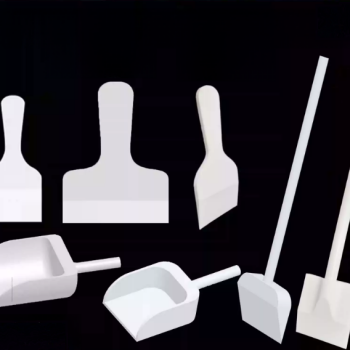Waste tires, often considered a significant environmental challenge, have found diverse applications across various industries and sectors. Through processes like pyrolysis, tires are broken down into valuable byproducts such as pyrolysis oil, carbon, and hydrocarbon gas, which are used in industries like boilers, cement, and asphalt production. Beyond industrial applications, recycled tires are also repurposed for practical uses in landscaping, such as garden mulch, and in construction, where they contribute to eco-friendly building designs. These applications not only mitigate environmental concerns but also create economic value from what would otherwise be waste.
Key Points Explained:
-
Pyrolysis and Its Byproducts:
- Pyrolysis Oil: Derived from waste tires, pyrolysis oil is comparable to light diesel oil. It is used in industries such as boiler companies, rolling mills, casting industries, and asphalt plants. This oil serves as a cost-effective and sustainable alternative to traditional fossil fuels.
- Carbon: The carbon produced during pyrolysis is utilized in the ink and cement industries. Its applications range from enhancing the quality of printing inks to improving the strength and durability of cement products.
- Hydrocarbon Gas: This gas can be reused within the pyrolysis process for heating, making the system more energy-efficient. Alternatively, it can be processed through wet scrubber systems to ensure that the smoke released into the atmosphere is harmless, aligning with environmental regulations.
-
Landscaping Applications:
- Garden Mulch: Recycled tires are shredded and used as bark mulch in garden beds. This application helps prevent water loss by retaining soil moisture and suppresses weed growth, reducing the need for chemical herbicides. It is a sustainable alternative to traditional organic mulches.
-
Construction and Eco-Friendly Buildings:
- Building Materials: Used tires have been incorporated into the construction of environmentally-friendly buildings. For example, they are used as fill material in earthship homes or as part of modular construction systems. Their durability and insulation properties make them an excellent choice for sustainable architecture.
-
Environmental and Economic Benefits:
- Waste Reduction: By repurposing waste tires, these applications significantly reduce the volume of tire waste that would otherwise end up in landfills or contribute to environmental pollution.
- Resource Efficiency: The conversion of waste tires into valuable products like pyrolysis oil and carbon promotes a circular economy, reducing the reliance on virgin materials and conserving natural resources.
- Cost Savings: Industries using pyrolysis byproducts or recycled tire materials often experience cost savings due to reduced raw material expenses and waste disposal fees.
-
Future Potential:
- Innovation in Recycling Technologies: Continued advancements in pyrolysis and other recycling technologies could further expand the applications of waste tires, making the process more efficient and environmentally friendly.
- Broader Adoption in Construction: As sustainable building practices gain traction, the use of recycled tires in construction is likely to grow, driven by their cost-effectiveness and environmental benefits.
In conclusion, waste tires are no longer just a disposal problem but a valuable resource with applications spanning industrial, landscaping, and construction sectors. By leveraging innovative recycling methods and creative repurposing, waste tires contribute to environmental sustainability and economic value creation.
Summary Table:
| Application | Key Uses |
|---|---|
| Pyrolysis Byproducts | - Pyrolysis oil: Used in boilers, asphalt, and industries as fuel. |
| - Carbon: Enhances ink and cement quality. | |
| - Hydrocarbon gas: Reused for heating or processed to meet environmental standards. | |
| Landscaping | - Garden mulch: Retains soil moisture and suppresses weeds. |
| Construction | - Eco-friendly building materials: Used in earthship homes and modular systems. |
| Benefits | - Waste reduction, resource efficiency, cost savings, and environmental sustainability. |
Ready to explore sustainable solutions with waste tires? Contact us today to learn more!














